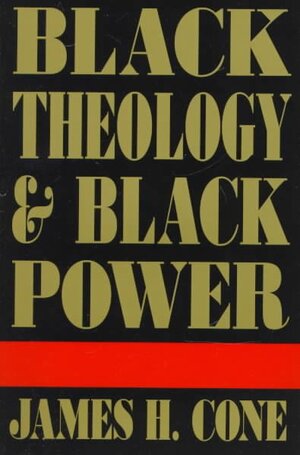pic above is near Wolverhamption in the 1930s and is generally thought to be the inspiration for Mordor. LOTR has a fairly good class analysis that is largely missed in the cultural imagination
good tweet thread here which i've summed up below
people seriously misunderstand Tolkien when they make as if the orcs are some racist caricature when they’re rather an unkind but not unfair classist portrayal of a toiling industrial working class press ganged into labor and war coaxed by their hatreds and desire for consumption
culturally, orcs are bogans. the crude ill-educated ruffians spiteful and jealous of the bounty and sophistication of the kingdoms of me , dwarves, and elves living in fear and hatred under the cruel whips of their masters
throughout LOTR you have the average orcs, basically industrial labourers and peasants pushed into war units, chafing under their petty bosses ready to cut their throats and go their own way but for the fear of Nazgul overlords basically acting like Pinkertons
this is hardly a deep reading, it’s all within the text , Shagrat and Gorbag complain about “the Big Bosses” and the Nazgul being used as terror and enforcement of the orc workforce, they even have their own dreams of leaving Mordor and living free with “no big bosses” !!
when Tolkien shows us the inner workings of Mordor industrialisation and militarisation and the conflict between Uruk Hai arriving and displacing the local orc workforce has brought the society to the brink of collapse, this is how Sam rescues Frodo from Cirith Ungol
Mordor is not a unified front, it is a totalitarian society dominated by Sauron’s control of the industrial machines that the orcs are pushed into running through fear, intimidation, and a drive to let out frustration on the other races but within are rebel factions resisting
it’s hard not to read The Lord of the Rings through a class lens when right off the bat you open on chapters and chapters of a playful tweaking of rural parochialism and the cultural tensions between the working peasantry working the fields and mills and the gentry who live above. Bilbo lives in the grandest hill atop Hobbiton idly pursuing learned pursuits of Elvish and history secure in his rare richness above the mass of Hobbit peasants and workers whose labour he benefits from, Frodo and Gandalf call him Bilbo but everyone else calls him “Mr. Baggins.” Tolkien puts you in the beer hall of the Ivy Bush Tavern where the yokels like Ted Sandyman are complaining and suspicious of the idle rich "Mr. Baggins" who’s defended by his itinerate gardener Gaffer Gamgee who yet worries about Sam “learning him his letters” from Mr. Baggins. class division is a fundamental aspect of LOTR, basically everything you get with Bilbo in the opening of Fellowship could almost out of a PG Wodehouse book tweaking the peculiarities of the idly rich folk of English country estates
over the course of the trilogy Hobbiton goes from a society of self sufficient peasants trading with artisans and doing cooperative work under a benevolent feudal system of the Old Took and his family and the new money Baggins to exploited labor industrialising under Saruman
thoughts from our resident tolkien heads?

That's my read too. Because Tolkien was critiquing industrialisation and the modern ruling class, he almost dove too deep into a medieval fantasy land where monarchy had divine right but For Real. I don't see that its anarchist in the sense of decentralised rule--more like loving patrons who provide for the peasants under Good Kings who serve the Good Gods--but in the sense that trade doesn't involve currency, I could see that particular aspect.
Would you say the treatment of the class structure in the Shire is positive?
I guess feudalism is the productive base of monarchism.
I'm not sure. I need to think a bit more. I'm not nearly as
nerdywell-read on Tolkien or theory as most people here, so I'm still wandering in the dark trying to put 2 and 2 together.BTW, there are legitimate arguments that the shire is an agro anarchist commune. Check out Yannick Imbert, "Tolkien's Shire: The Ideal of a Conservative-Anarchist Distributist Governance."
Tolkien also wrote in 1943 to Christopher:
Like we noted above, he thinks that Good Kings should rule and have divine right but For Real, but he also thinks that they should fuck off
so yeah, there's maybe some "anarchism" in a sense but I wouldn't think its in the sense that most people use the term--it may also be him projecting his own ideal without being able to let go of his Catholic hierarchy, IDK.
Interesting fellow. Rather than a benevolent king, he wants a thoroughly disinterested one.
I guess that’s a way to reconcile anarchistic tendencies with the existing social structures.
This is similar to governance in accordance with Daoist principles.